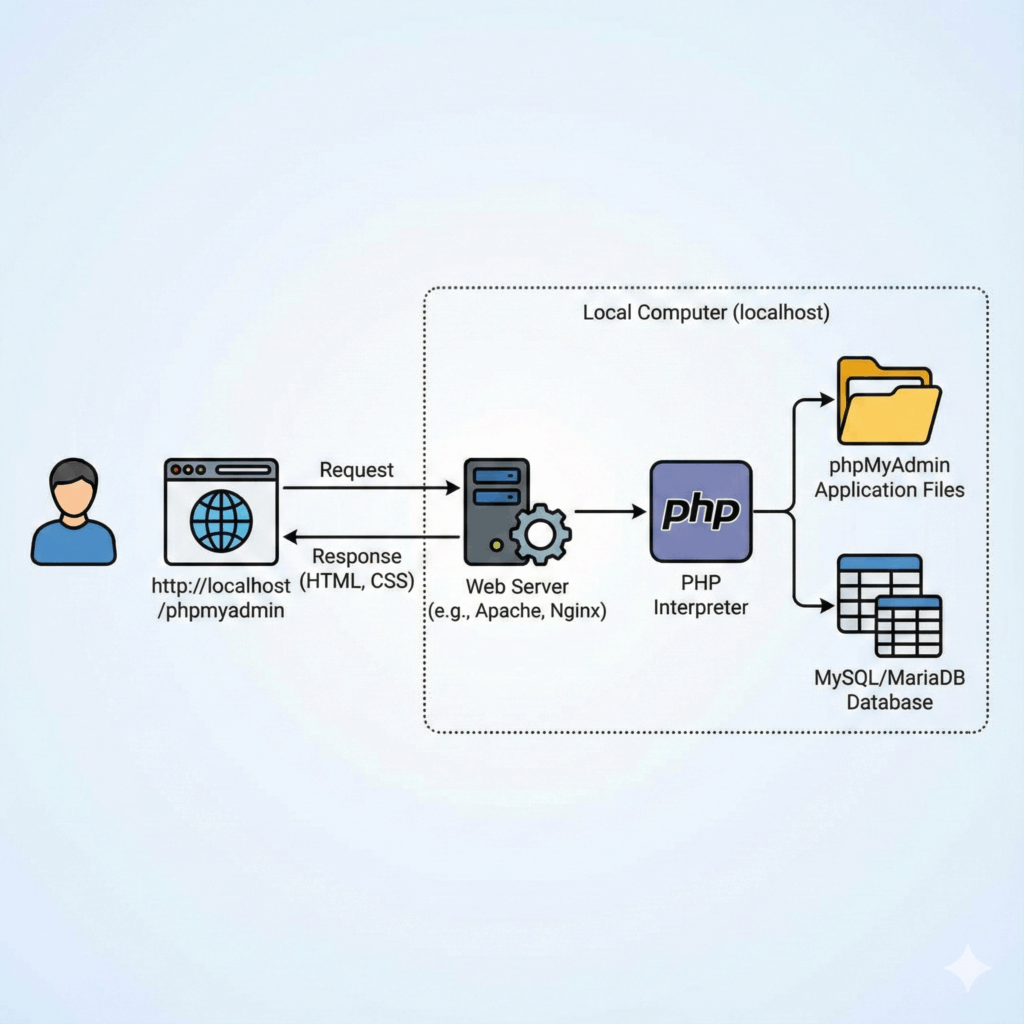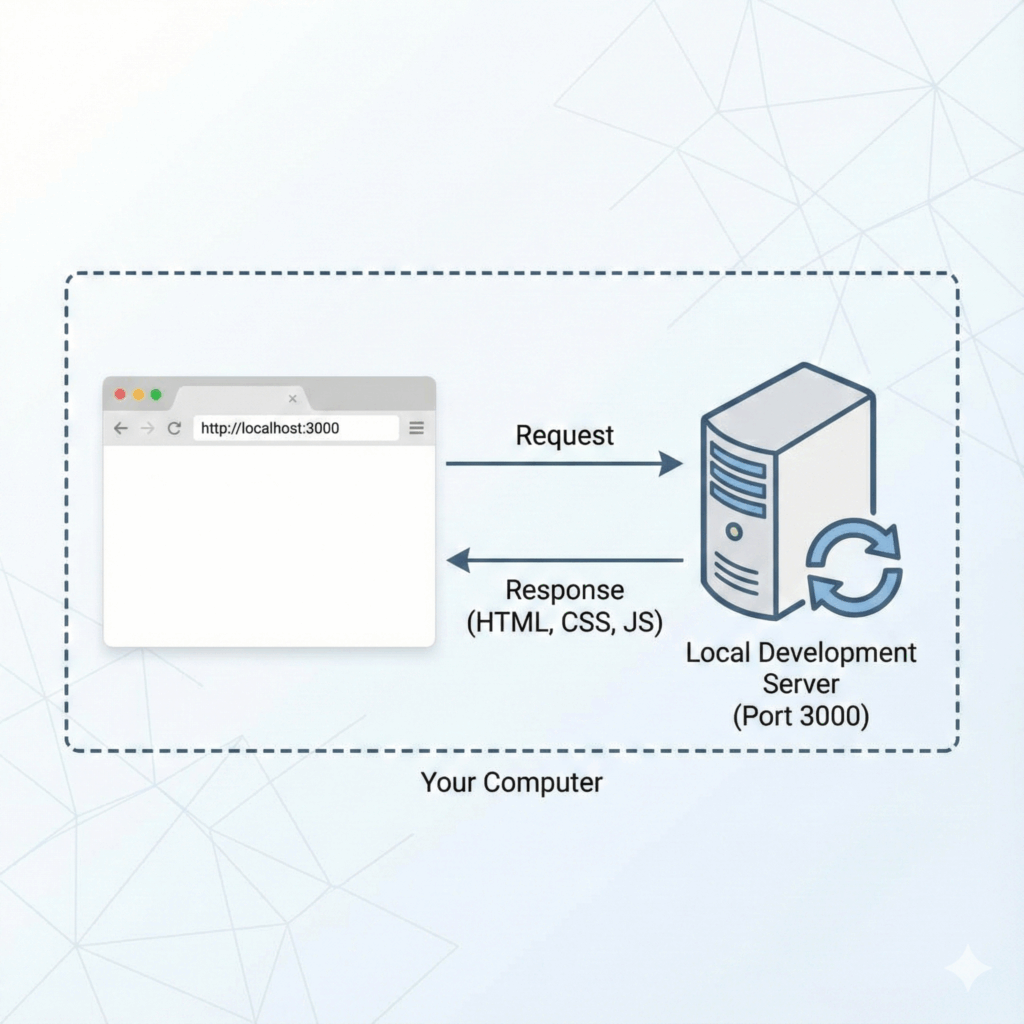Jazz has always been about creativity, spontaneity, and that special magic when musicians connect on stage. It’s a genre rooted deeply in improvisation and personal expression — no two performances ever sound exactly the same. But now, artificial intelligence is stepping into this uniquely human art form, shaking things up in exciting ways. From helping compose new tunes to jamming live alongside musicians, AI is changing how jazz is created and performed. The opportunities for using AI in this field are endless, even though some critics are very against it. Many are convinced that the whole beauty of jazz is about spontaneity that artificial intelligence simply cannot replicate. Let’s find out how this fascinating technology is influencing the world of jazz, and what to expect in the near future.
Jazz: The Heartbeat of Improvisation
To really appreciate how AI is impacting jazz, it’s necessary to remember what makes jazz, well, jazz. It started in the early 1900s as a blend of African rhythms, blues, ragtime, and European harmonies. What sets jazz apart is its heavy focus on improvisation — musicians like Al Foster drummer, often create melodies on the spot, playing off each other in real-time. Traditionally, jazz players learn by listening, experimenting, and jamming. Sheet music exists, sure, but much of any jazz performance is intuitive, based on understanding scales, chords, and emotional storytelling. It’s a deeply human process — spontaneous, emotional, and fluid.
The Rise of AI in Jazz Composition
Over the past decade, AI tools have improved the ability to analyze music and generate new pieces. By learning from thousands of jazz recordings, solos, and standards, AI can now compose melodies, harmonies, and rhythms that sound authentically jazz-inspired.
Some notable AI jazz composers include:
- AIVA (Artificial Intelligence Virtual Artist): Originally focused on classical music, AIVA now also creates jazz compositions, reflecting styles like bebop and swing.
- Google’s Magenta: Using neural networks, Magenta generates improvisational jazz lines and backing tracks.
- IBM Watson Beat: This tool composes music based on emotional cues, crafting jazz pieces designed to evoke particular moods.
These tools can create complete songs or offer new improvisational ideas that musicians can develop further. It’s like having a creative assistant that never runs out of fresh concepts.
AI in the Jazz Performance Space
AI isn’t just about composing music in the background — it’s also showing up in live jazz performances in some pretty cool ways.
Real-Time Improvisation Partners
One of the most groundbreaking developments is AI as a real-time improvisation partner. These systems listen to what musicians are playing and respond with their own musical ideas on the fly, almost like a digital bandmate.
For example:
- Sony’s Flow Machines can improvise solos live, adapting to the style of the human performers.
- The Continuator captures and extends musical phrases played by live performers, creating a fluid conversation.
- Research labs around the world are also experimenting with AI-powered robotic instruments that can join jazz jam sessions, picking up on the group’s vibe and playing accordingly.
This kind of technology pushes the traditional idea of improvisation, introducing a new form of dialogue between humans and machines.
Simplifying Production and Arrangement
On the production side, AI tools help jazz musicians arrange pieces and polish recordings. They can suggest harmonic changes, recommend voicings, or even automatically mix and master tracks to a professional standard. This lets musicians spend less time on the technical details and more time focusing on creative expression.
What Does This Mean for Jazz Musicians?
The rise of AI in jazz opens up exciting opportunities, as well as raises some important questions.
Fresh Inspiration and New Ideas
For starters, AI can be a powerful creative partner. It can provide unexpected harmonies or rhythmic patterns that spark new directions for musicians. Some artists enjoy collaborating with AI, treating it as a co-creator that pushes them out of their comfort zone.
Making Jazz More Accessible
AI tools are also helping beginners and hobbyists. Even those without deep music theory knowledge can use AI to generate backing tracks or improvisation prompts, making it easier to learn and compose jazz. Personalized AI-driven teaching platforms can provide instant feedback, helping students improve faster.
Challenges and Concerns
That said, some jazz purists worry AI might strip away the deeply human element of jazz — the emotional depth, cultural context, and subtle nuances that make the genre special. There’s also the question of authorship: if a machine composes a piece, who really owns it? And how do we value originality when so much is generated by algorithms?
Looking Ahead: The Future of Jazz and AI
What’s next for jazz and AI? The possibilities are huge.
- Hybrid Ensembles: Picture groups where human musicians perform alongside AI-driven instruments, creating new sounds and styles.
- Personalized Experiences: AI could tailor live performances to the mood of the audience or generate custom jazz playlists on the fly.
- Preserving Jazz History: AI can analyze old recordings to recreate the styles of legendary players or finish incomplete compositions, keeping jazz’s rich heritage alive while inspiring fresh innovation.
The New Jazz Frontier: Where Human Soul Meets Machine Creativity
Artificial intelligence is opening a bold new chapter for jazz music — one where tradition and technology come together to expand what’s possible. AI’s ability to compose, improvise, and assist musicians is transforming jazz from a purely human endeavor into a collaborative dance between man and machine.
While some questions remain about the authenticity and emotional depth of AI-created music, the evolving partnership between jazz artists and AI developers promises to push boundaries in exciting ways. Jazz has always been about innovation and expression, and AI is simply the newest instrument in the musician’s toolkit — one that might just spark the next great revolution in this timeless art form.
So whether you’re a jazz lover, a musician, or simply curious about where music is headed, the fusion of AI and jazz is a story worth following. After all, the best jazz pieces have always been about surprise — and AI is bringing plenty of that, too.



